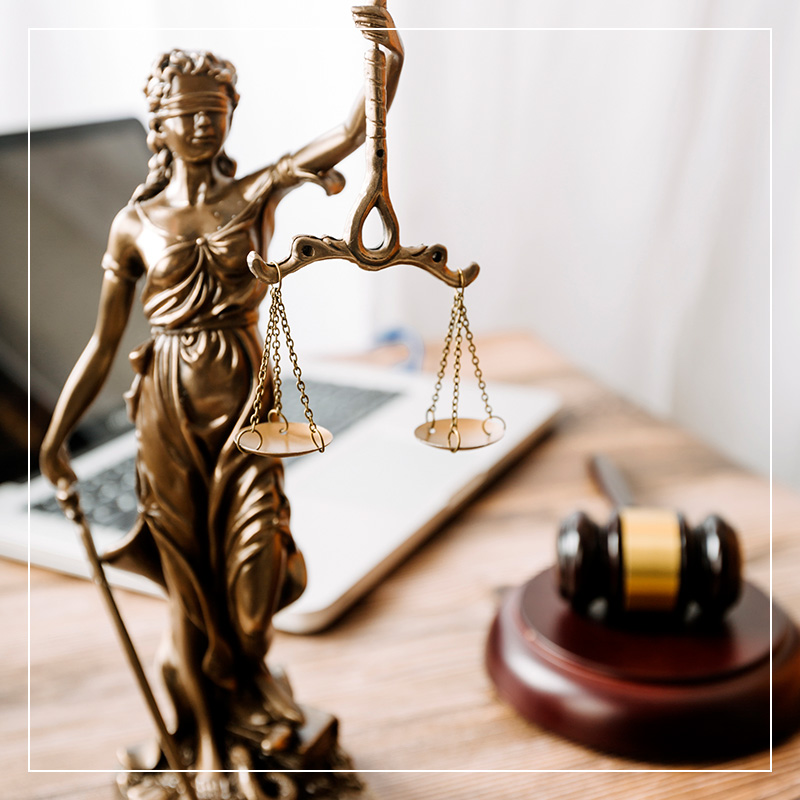The discovery phase is an important part of the criminal trial process. During this step, both the defendant (and their attorney) and the prosecutor must share information they have regarding the incident. Typically, this step takes place before the case begins.
Under the Sixth Amendment to the U.S. Constitution, people accused of committing offenses are guaranteed the right to a fair trial, which includes being free of unnecessary delays in the case. One of the purposes of the discovery phase is to ensure that this right is protected. California law concerning pretrial proceedings explicitly states that the reason it sets such rules for disclosure is to “save court time in trial and avoid the necessity for frequent interruptions and postponements.”
How and When Does Discovery Begin?
In California, both the defense and prosecution are required to make pretrial disclosures at least 30 days before court proceedings. If either side obtains some type of evidence within 30 days of the trial, they must provide the other side with it immediately.
Generally, discovery is handled outside of the court by both the prosecutor and defense attorney. That means each side asks the other to provide facts they have about the case. After each side makes their request, the other has 15 days to furnish the information. If they fail to meet their legal obligations by the deadline, the side that did not get the information can petition for a court order to force disclosure.
A court can enforce the provisions of the discovery law using various methods, which include, but are not limited to:
- Requiring immediate disclosure
- Initiating contempt proceedings
- Preventing witness testimony or presenting real evidence
What Type of Information Is Provided During Discovery?
During the discovery phase, both the prosecutor and defense must provide the other with the following information:
- Names and addresses of people they intend to have testify at trial
- Statements of defendants
- Evidence they intend to present at trial
- Written or recorded statements of witnesses
- Results of physical and/or mental examinations
- Evidence favorable to the defendant
In some cases, the prosecutor or defense might not be required to furnish information. If they have good cause, disclosure could be denied, restricted or deferred.
In the discovery phase, good cause means that releasing the information could:
- Put victims or witnesses in danger
- Result in evidence being lost or destroyed
- Harm other investigations carried out by law enforcement
If part of the evidence the prosecutor has includes copies of child pornography, they cannot disclose that material to the defendant unless they have good cause for receiving it and the court orders its release.
How Long Does the Discovery Phase Take?
The amount of time it takes to complete the discovery process depends on the circumstances of the case, but it can be lengthy. To adequately prepare for a case, the prosecutor and defense must thoroughly review all the evidence and information the other side has. They may also develop questions to ask witnesses and analyze the responses.
Because there might be thousands of documents to go through, various rules that must be followed, and numerous people to contact to get information for building the case, the discovery phase can be complex.
Call Corrigan Welbourn Stokke, APLC for Effective Legal Counsel
Building a solid legal strategy for a criminal case requires a thorough understanding of court processes and rules of evidence. Our attorneys have over 100 years of combined experience defending cases from arson to murder. We know how to gather and review the information the other side has to spot weaknesses in their accusations against you.
For results-driven defense, call us at (949) 251-0330 or schedule a free consultation online.



